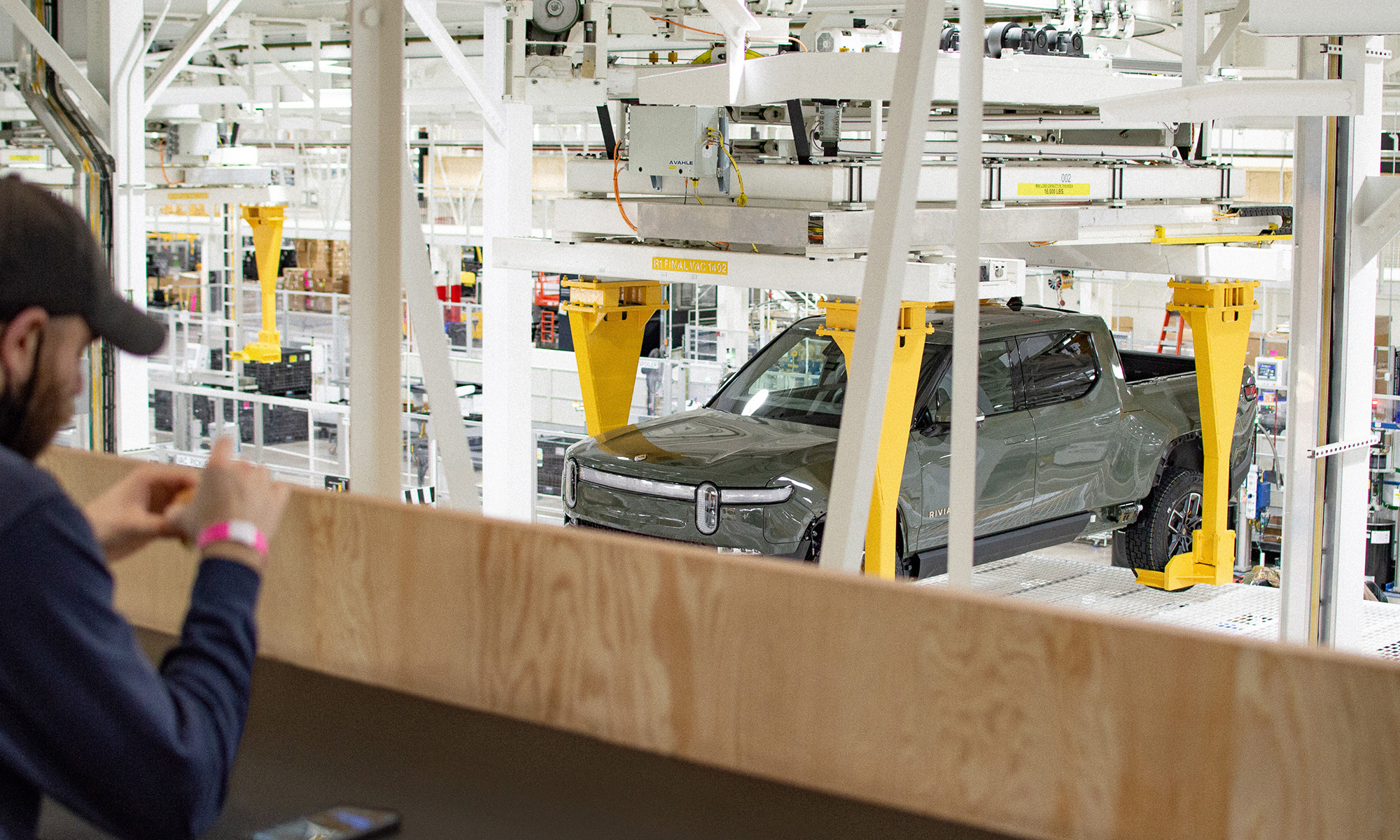Rivian Automotive (RIVN +0.64%) has a bright future. Next year, analysts expect the electric vehicle (EV) maker's sales to grow by more than 40%. The biggest catalyst for this growth will be its introduction of three new models, all of which are expected to be priced under $50,000. But one factor could put the company's future at risk.

NASDAQ: RIVN
Key Data Points
Washington could detour Rivian from its growth path
Any EV company that hopes to grow significantly must eventually launch affordable mass-market models. Today, more than 90% of Tesla's vehicle sales come from its two mass-market models: the Model 3 and Model Y. Rivian, meanwhile, has no affordable models. Its lowest-priced truck starts at about $70,000. But in 2026 and 2027, production of three new "mass market" models is set to begin, making Rivians accessible to millions of potential new buyers.
Most Americans are looking to spend less than $50,000 on their next vehicle purchase. Federal EV tax credits -- which can total up to $7,500 -- effectively lower the prices that consumers pay for those vehicles, boosting demand for EVs across the board.
Now, President Donald Trump and Republicans in Congress are moving to eliminate those tax credits through a provision of the "Big Beautiful Bill." Would Rivian be impacted? Germany, of all places, provides us with clues.

Source: Getty Images
From 2016 to 2023, Germany offered its citizens incentives to buy electric vehicles. More than 2 million vehicles ultimately qualified. Incentives averaged nearly 5,000 euros per car. After that program was ended suddenly in 2023, EV sales in Germany fell by 27.4% over the following 12 months. Meanwhile, EV sales throughout the rest of Europe continued to grow.
Surveys show that EV buyers have become increasingly price conscious. The elimination of federal tax credits, therefore, could significantly slow Rivian's growth. Germany's history is a strong testament to that possibility, so if you're invested in Rivian or any other EV stock, carefully monitor the political risk factors.





